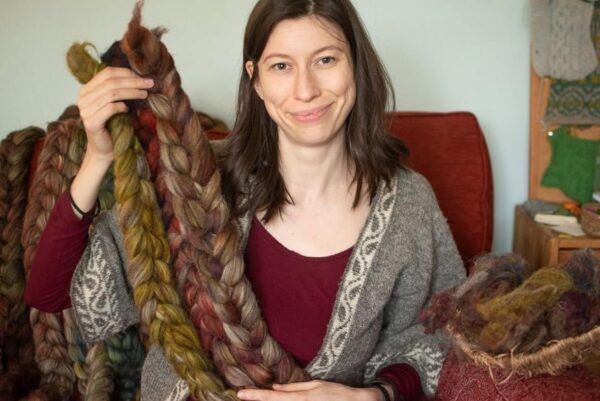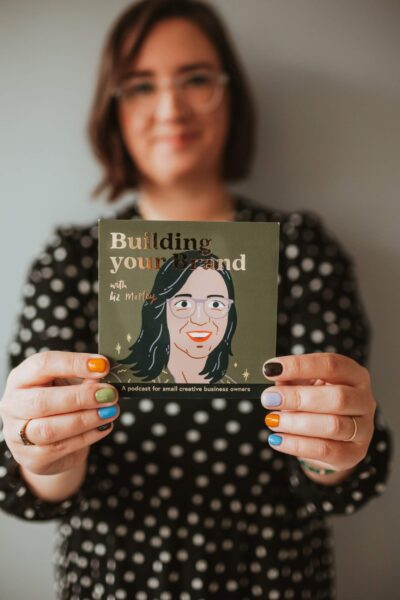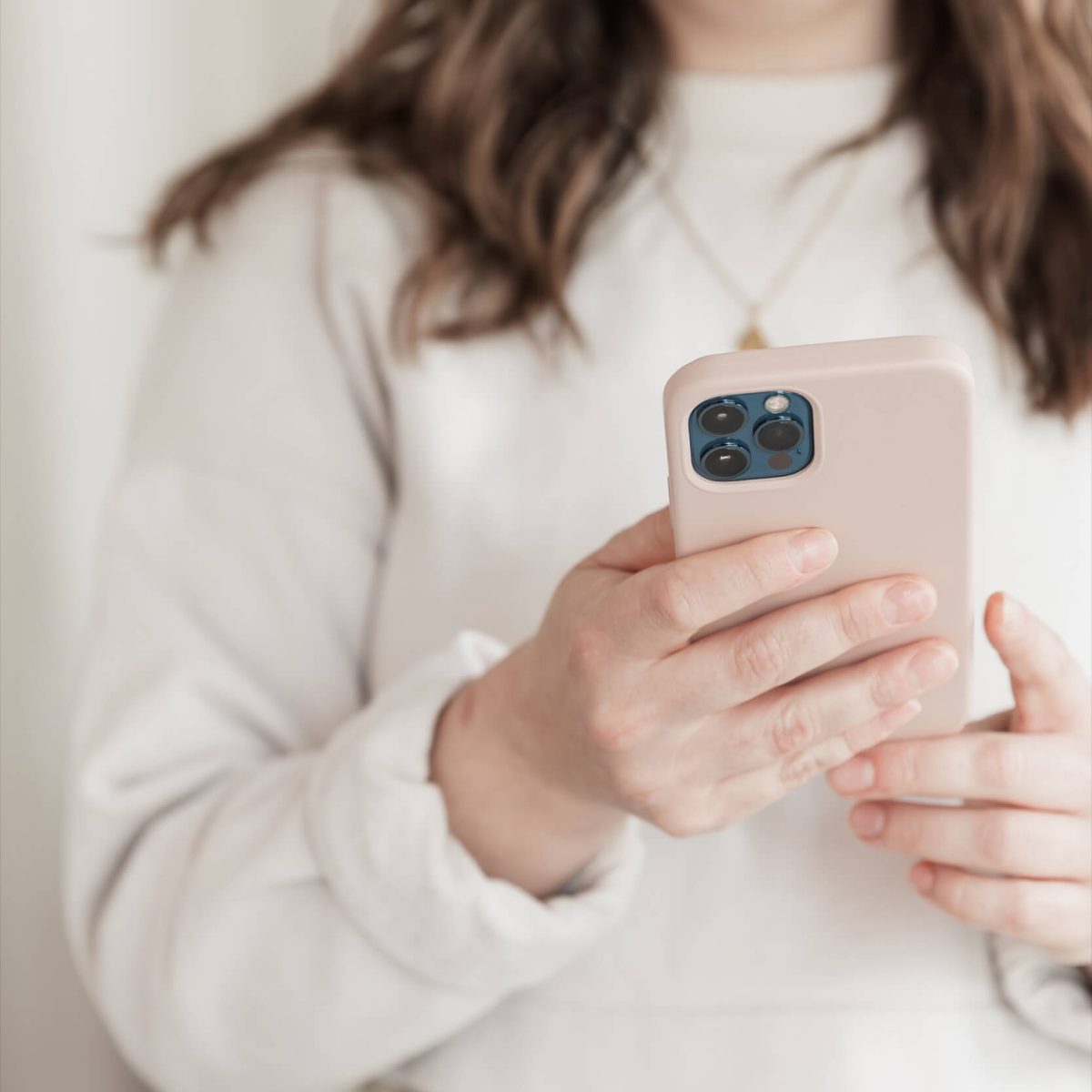Here at Studio Cotton, we’re always helping lovely small businesses grow their audience and reach new customers through pragmatic and sensible marketing. A popular topic we often cover is influencer marketing; working with bloggers and content creators that share a common ground.
In our last influencer marketing blog post – 13 bloggers tell us what they love (and hate) to see in brand pitches – we touched upon the sensitive topic of influencer gifting, but we wanted to go into the nitty gritty of it.
The purpose of this article is not to cause offence or put small businesses off using gifting in influencer marketing, but to simply cover the topic as best I can from my unique point of view as both a copywriter for small businesses and a blogger over on Being Little.
What is gifting in influencer marketing?
For the purposes of this article, any product sent by a brand (including a small business brand) to a blogger or influencer is a gift.
However, sometimes the term gift is often controversial and often inappropriate. A true gift is something given without an expectation or desire to receive something of value in return.
So let’s say that you have 10 favourite content creators and the budget to gift 6 products from your new collection. If 4 of them have declared that they do not promote gifted products, you’d *probably* gift your products to the six that haven’t ruled influencer gifting out. It’s still a bit of a gamble, but this approach is the most likely to creative a positive return on investment for your small business
With influencer gifting, products are sent with an expectation or hope attached; the goal being that the influencer might create and share content with their audience about the brand.
This potential content and audience reach is insanely valuable to a small business. It is a tangible commercial benefit that can make up a significant part of a brand’s marketing funnel.
Gifting is still a divisive topic in the world of influencer marketing, and it seems like it can be hard to get it right as both a blogger and a small business. There are still a whole bunch of influencers not declaring their gifts as an ad (which they are, regardless of if any compensation or official contract has been signed), and there’s also the age-old battle of payment vs exposure.
Some bloggers will happily accept a gift in exchange for creating some content, while others expect to be paid for the work they create. After all – the brand is seeking a commercial benefit because they want to generate revenue, why shouldn’t the content creator be able to benefit too?
It can be a bit of a minefield for small businesses wanting to use influencer marketing, knowing how to go about gifting, what you can ask for in return, and how to not take the mick with it.
Bloggers and influencers can charge anywhere from £50-500 for an Instagram grid post, so sending a gift with high expectations might not be the best strategy. Influencer marketing is a job, and people deserve adequate compensation for that.
Thinking about the way I feel about receiving gifts as a blogger, I can understand how it could be confusing for small businesses, as my opinions on it are so nuanced, let alone everybody else’s opinions.
There are so many factors that come into play, such as the size of the business, the budget they have for influencer marketing, whether it’s something I am genuinely interested in, the value of the gift, etc. – there’s not really a blanket yes or no answer.
A short story about a mystery gift
I was recently offered a gift to celebrate the upcoming opening of a new venue. I replied to ask what the gift was, and explained that I try to limit the amount of stuff I get sent, as I don’t like things to go to waste. The reply stated that they could not tell me what the gift was, only that it would include an invite to their launch party.
I felt like this was a pretty unhelpful reply, and not knowing what the “gift” was made me not want it. Like I said, I didn’t want anything to go to waste, I don’t want to receive any more things that I don’t need, and I have way too much stuff as it is.
11 years ago when I first started blogging on Being Little, it was really exciting when brands started wanting to send me gifts – I didn’t really think about whether their values aligned with mine, what they wanted in return, or whether it was a product I was actually interested in.
Back then, I loved having “stuff” – I wanted loads of it, all of it, as much as I could fit into my bedroom, and more. But now, I’m much more conscious of the impact production and waste has on the planet, and I don’t want to contribute to that more than I have to in this very capitalist and consumerist world we live in.
I would hazard a guess that many other bloggers and influencers do have a similar opinion to me, however I still see so many not declaring items as gifts or ads, and promoting things which don’t seem to fit in with their niche/values.
I personally think it’s becoming much more obvious and kinda tacky when influencers are just saying yes to anything. I think it devalues the opinion of the influencer, as well as devaluing the entire profession – it’s why bloggers have the snarky nickname “blaggers”.
Anyway, rants aside (otherwise I will go on about this for way too long) it’s time to hear some opinions from other bloggers on the subject of gifting, to help you figure out how as a small business you can use gifting and influencer marketing, while keeping everyone happy.
1. Gifting can be exploitative to bloggers
“For things I’d genuinely love to do and are of high value, I’m ok with it. Otherwise it’s exploitative.
It feels like a lot of brands ask SO much in exchange for like a pair of socks or something – as a freelance photographer too, it’s obvious they’re just trying to get free photography work/marketing/content in exchange for the bare minimum, a.k.a instead of paying me to be their photographer.”
Alicia – The Chaos Diaries / @thechaosdiaries
If a brand is gifting a product in exchange for some content from the blogger, the product needs to be of the right value. A lot of content creators are amazing photographers, or work with photographers to shoot their content, so the imagery produced is of high value, let alone all the copy which needs to be written, and the potential new customers and sales that the brand could get.
Alicia is based in Bath and blogs about travel and lifestyle, and she’s also a photographer. She started out vlogging, and then created her own website so that she could add extra detail to her posts.
2. Gifts are often unwanted
“Unless I’ve asked for it, I don’t want it 😂”
Anya Wilding – Anya Wilding / @anyawilding
Straight to the point with Anya – and what more needs to be said, really?
So many influencers get gifts and PR products sent to them without being asked. Once their postal address is on the list, they get sent every new product that comes out from certain brands, whether they want them or not.
Anya is a slow travel enthusiast and talented photographer. Her photos of coastal adventures are absolutely gorgeous – the constant presence of water and the beautiful tones are so soothing. She’s frequently adventuring in her van, and collaborates with brands who have values that align with her own.
3. Gifting can be tone-deaf
“It kind of feels a bit gross these days. Considering people and businesses are struggling post-covid. I just kind of feel that before, it was a little thing here and there – like, here is a little parcel of PR stuff, and it was a gimmick and it wasn’t hidden, but now it seems… like hunfluencers in Dubai during the pandemic. Everyone is squeezed and it seems a bit tone deaf. And bad for the planet.”
Lily Doble – @lilydoughball
I totally agree that gifting can be bad for the planet – as I said, I’m trying to limit the amount of stuff I own, consume and waste. It’s an issue that can’t be ignored anymore, in my opinion, although hauls, fast fashion, wearing/using something once are still all things that some influencers still do.
Lily used to be a Bristol blogger – that’s how we became pals! – so she is well-versed in the world of influencer marketing. She now spends her time thinking about sandwiches, dancing with Boss Morris, and working for a well-known artist who we’re not allowed to talk about.
4. Gifting be an exchange of skills
“I have mixed feelings about gifting. When it’s a brand who clearly has budget it just comes across as a bit stingy, especially when the expectations of content are so high. But when it’s a small brand, a one person maker type brand, and the value is in what they create with their hands, then I view it more as a skills exchange – a much more equitable swap!”
Sam Binstead – Samuel Binstead / @bysambinstead
A more positive slant for gifting – especially for smaller brands – is that it can be an exchange of skills. If you put lots of time, effort, skill and love into making your products, then giving a gift in exchange for a blogger creating content can be a balanced collaboration. I often think this about being invited to a restaurant for a meal – they are putting time and effort into creating that meal for me, so I am happy to share lots of words about and images of that meal and restaurant.
In case you missed his info in our last blog post, Sam is a slow fashion photographer in Sheffield who also dabbles in some Instagram influencing, sharing his slow fashion approach, small makers, and sustainable style tips. Sadly, Instagram disabled his main account, but you can still catch him on his photography profile.
5. Gifts don’t pay the bills
“Often brands think that gifting is an excuse not to pay you. I find that really frustrating, because then it puts you in a position of deciding, “am I worthy of asking for a wage for this?” – I can’t pay my rent with gifted sh*t.
Gifting can reduce your value as a human and the work you do. There are some instances in which I am willing to accept a product in return for some kind of posting if it feels like something that’s of value to me, but ultimately it’s not a wage, and I think it’s a really bad habit for brands to get into. Even if the item sells for hundreds of pounds, we all know it doesn’t cost that much to make, and gifting stuff to people isn’t costing brands much money. I just think you need to pay your creators really, especially if the brand wants more than just an Instagram story saying “this arrived.”
My final thought is that it’s not a way to cultivate a relationship. I really like the idea of working with people who align with my values and who meet me politically, wanting similar changes in our world. Gifting feels like a really frivolous, capitalistic way of asking for publicity without cultivating a relationship where you are a creator and they’re a brand who align with you, and together you can do something of value. Rather than just, “here’s some sh*t, post it on your story.”
Imogen Fox – @the_feeding_of_the_fox
It’s always a bit tricky to know your value, as a human generally, but also as a content creator. There’s a lot of conflicting advice, but I definitely agree that creators of any kind should be paid for creating! It’s work, it’s a talent, it takes time, and as Imogen says, you can’t pay the bills with gifts.
Imogen describes themself as a queer disabled femme serving up radical body politics, anti-diet and non-judgemental compassion. They are constantly fighting the good fight, and do it in such an inclusive way. They’re also really bloody funny, and always so kind.
I think, as a small business, the best way you can use gifting for influencer marketing is to do it super transparently – if you don’t have much of a budget to pay a content creator, say so. If your products are handmade and time consuming, communicate that.
It’s also important to work with bloggers who will like what you do, rather than just heading to those with the most followers. You could have a scroll through your current Instagram followers to see if any influencers already follow you, or your competitors.
And lastly, always be kind, but that goes for everything you do really.
Ok, bye!























